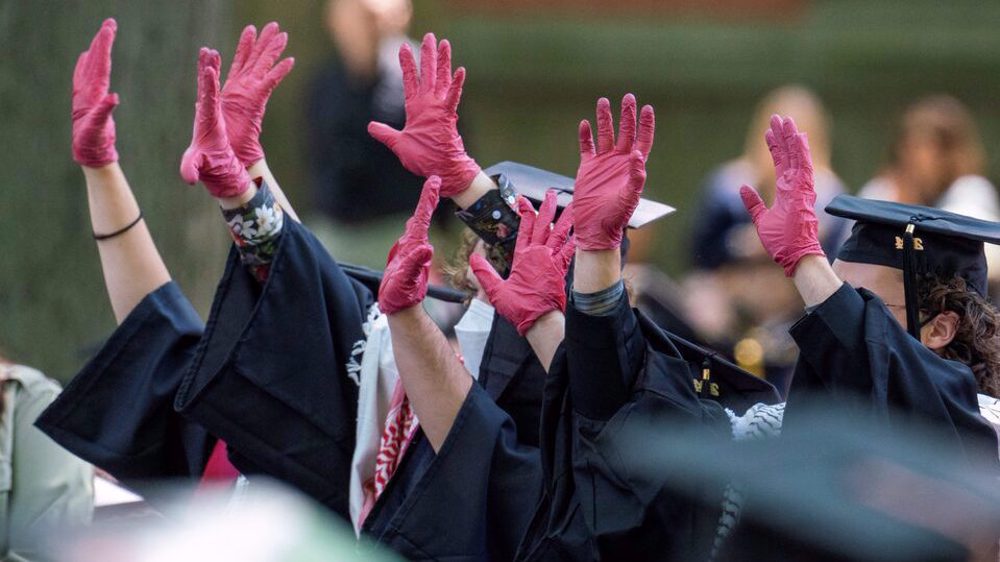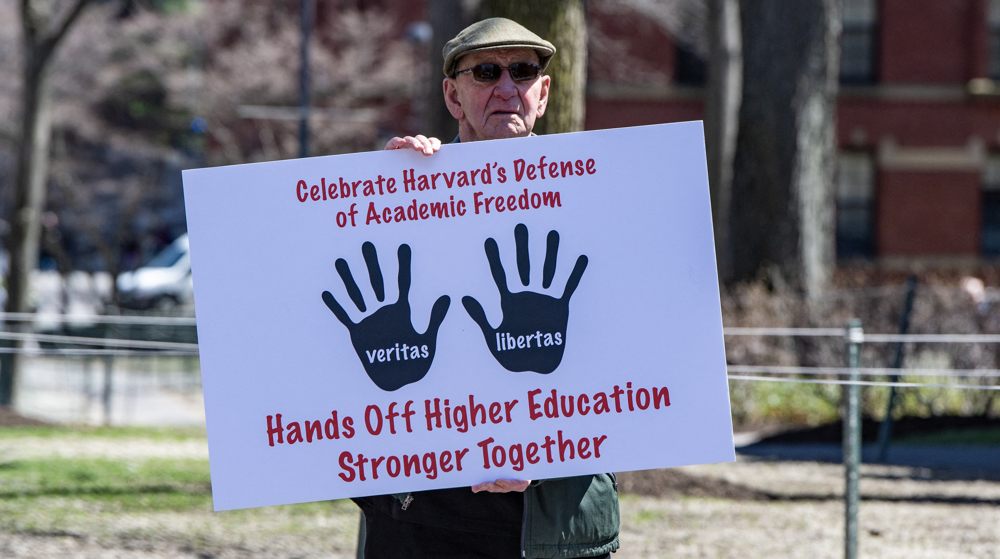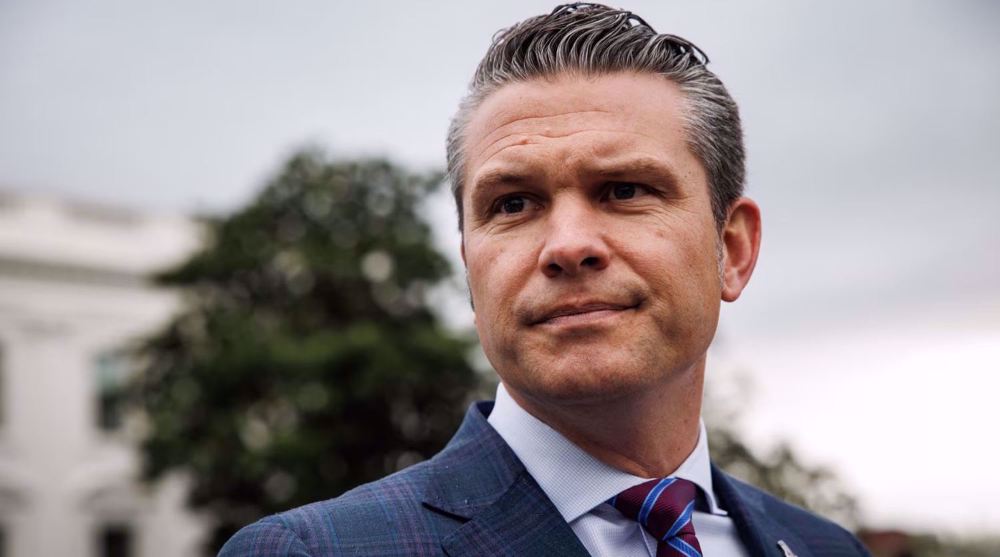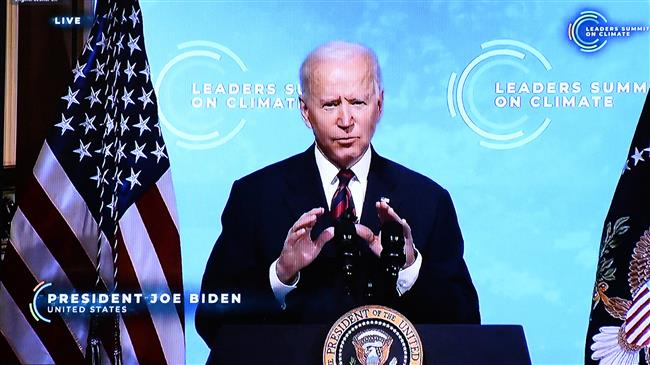Activists slam US pledge to fight global warming as ‘very insufficient’
The United States has faced criticism after returning to climate talks as part of attempts to end its international isolation, with activists saying Washington’s pledge to fight global warming is too little.
The administration of US President Joe Biden came under fire as 40 leaders from dozens of countries and organizations attended an international summit on climate change via video conference on Thursday, pledging action and calling for unity to tackle the climate crisis.
The summit showcased America's return to the fight against global warming after four years of international withdrawal from the issue under former President Donald Trump, who mocked the science of climate change and pulled the US out of the landmark 2015 Paris climate accord.
Biden promised that America would reduce its greenhouse gas emissions "by half" from 2005 levels in this decade and said, "We have to take actions, all of us.”
The US president’s pledge to cut America's fossil fuel emissions as much as 52 percent by 2030 was swiftly faulted by the world’s most famous young climate activist, Greta Thunberg, who lambasted world leaders for their inaction — particularly the US, which she singled out as the “biggest emitter in history.”
In testimony at a US congressional hearing, delivered at the same time as the Biden climate summit was under way, Thunberg hit out at world leaders and said their climate targets were “very insufficient.”
The Swedish teenager accused the world leaders of “giving up without even trying,” and said their climate goals were full of loopholes.
“Unlike you, my generation will not give up without a fight,” Thunberg said in her testimony. “How long do you honestly believe that people in power, like you, will continue to get away with it?”
Skeptical of “net zero” targets which she said would fail to reduce emissions fast enough, Thunberg said, “You may say that we are naive, and that is fine. But at least we are not so naive that we believe that anything will be solved by countries and companies making vague distant targets.”
Biden has pledged to transition the US economy towards clean energy and reduce emissions from coal, natural gas and oil. Biden brought the US back into the Paris climate accord in January after Trump said in 2017 he was pulling the country out.
The US is the world's second-largest emitter of greenhouse gases behind China. Russia is the fourth-largest emitter.
During the summit on Thursday, UN Secretary-General Antonio Guterres stressed the significance of climate change, calling on the international community to translate the promises to concrete and immediate actions.
Guterres urged the world countries to build a global coalition for carbon neutrality, making a more ambitious plan to make a great shift in the following ten years, aligned with a 2050 net-zero pathway.
The UN chief also said the leaders of all countries need to work together to "overcome climate change, end our war on nature and build lives of dignity and prosperity for all."
President Xi Jinping, for his part, reaffirmed China's climate commitments to strictly limit its coal consumption and strive to peak carbon emissions by 2030 and achieve carbon neutrality by 2060.
President Vladimir Putin welcomed the climate targets and said, "Russia is genuinely interested in galvanizing international cooperation so as to look further for effective solutions to climate change as well as to all other vital challenges.”
Canadian Prime Minister Justin Trudeau raised his nation's target for greenhouse gas reductions to 40 to 45 percent by 2030.

Students camp out at Yale to protest Israeli minister Ben-Gvir’s visit

Over 220 US academic leaders slam Trump crackdown on universities

After second Signalgate scandal, Democrats call for Hegseth’s resignation
Israel weaponizing aid in Gaza as hunger crisis deepens by all-out blockade: UN
VIDEO | Palestinian Prisoners' Day in US highlights links with African-Americans
Lebanon appeals to ceasefire guarantors to press Israel to halt attacks
‘US attacks on Yemen triggering widespread oil spill, environmental hazards for region’
VIDEO | Americans fear impending economic recession
VIDEO | Press TV's news headlines
VIDEO | India-Pakistan tensions escalate after deadly Kashmir tourist attack
Iran FM, IAEA chief discuss latest state of cooperation








 This makes it easy to access the Press TV website
This makes it easy to access the Press TV website